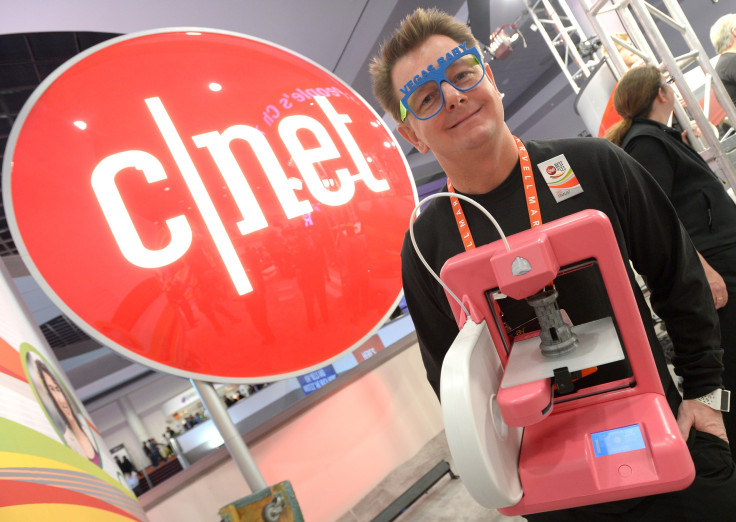CNET Employees Push For Unionization, Say AI 'Threatens' Their Jobs And 'Reputations'
KEY POINTS
- CNET Media Workers Union says "automated technology" puts their jobs at risk
- The employees are also "deeply" affected by layoffs
- CNET came under fire earlier this year for its use of AI tools on stories
Employees of tech website CNET have joined the Writers Guild of America East union, saying "AI initiatives," layoffs and other work-related changes have threatened their jobs.
"CNET writers, editors, video producers and content creators have unionized with @WGAEast," the CNET Media Workers Union said in a Twitter thread Tuesday. "We're fighting to keep that trusted legacy while securing industry-standard protections and assurance."
The group said it has "received incredibly strong support from staff" in its bid to unionize.
CNET writers, editors, video producers and content creators have unionized with @WGAEast! CNET has a proud history of tech news, reviews and in-depth reporting. We’re fighting to keep that trusted legacy while securing industry-standard protections and assurances.
— CNET Media Workers Union (@cnetunion) May 16, 2023
"In this time of instability, our diverse content teams need industry-standard job protections, fair compensation, editorial independence and a voice in the decision-making process, especially as automated technology threatens our jobs and reputations," the employees said in a letter to management Tuesday, WGAE reported.
The group, which has approximately 100 members, also said three layoffs in the past year "deeply" affected them, adding there was a "lack of transparency and accountability" from the management at CNET's parent company, Red Ventures.
The employees want CNET and Red Ventures to voluntarily recognize the union. Lowell Peterson, executive director of WGAE, said he believes Red Ventures will agree with the decision of its workers.
CNET employees reportedly went through "shifting job roles and promotion freezes." Dozens of staff have opted to resign "due to low morale and unaddressed grievances."
CNET came under fire earlier this year for its use of AI tools on stories. It was accused of quietly employing the help of automation technology to publish articles since last November. The Verge reported that more than half of the AI-generated stories had factual errors. Forty one AI-generated articles needed corrections, according to Wired. The tech website paused the publication of AI-written articles following this.
Connie Guglielmo, CNET editor-in-chief, told staff in a phone call that the website didn't publish AI-generated stories "in secret" and instead, did it "quietly."
CNET said it has reviewed AI articles internally and uncovered multiple errors in the stories. It has since started issuing disclaimers that the outlet was using automated technologies on articles.
Apart from the AI controversy, CNET was hit with massive layoffs. The company slashed its workforce by about 50% in March as its sister site, ZDNet, also reduced its editorial team by 35%.
A CNET spokesperson confirmed that "a number of colleagues" were let go in March as part of a restructuring plan. The exact count of laid-off workers was not revealed.
The spokesperson clarified that the layoffs were "not a reflection of the value or performance of our team members, the use of emerging technologies, or our confidence in the CNET Group's future."
A union representative told Vice on Tuesday that even before the AI issue emerged, "the organizing campaign at CNET" already kicked off. They added that unionizing was a "very human decision" that allowed workers to push the company "to maintain the integrity of CNET as a trusted source," especially "as new technologies are introduced."
News of CNET's bid for unionization comes as Hollywood screenwriters continue their strike demanding better pay. They also raise concerns about rise of generative artificial intelligence like ChatGPT.
Netflix and Disney refused to rule out the use of AI in the future, fueling fear and frustration among striking writers who fear their jobs will be replaced by automation.
Red Ventures acquired CNET in 2020. At the time, CEO Ric Elias said CNET Media Group has some of the "most trusted, legacy brands" on the internet, adding the "value" brought to audiences by CNET was what caught Red Ventures' interest.

© Copyright IBTimes 2024. All rights reserved.






















